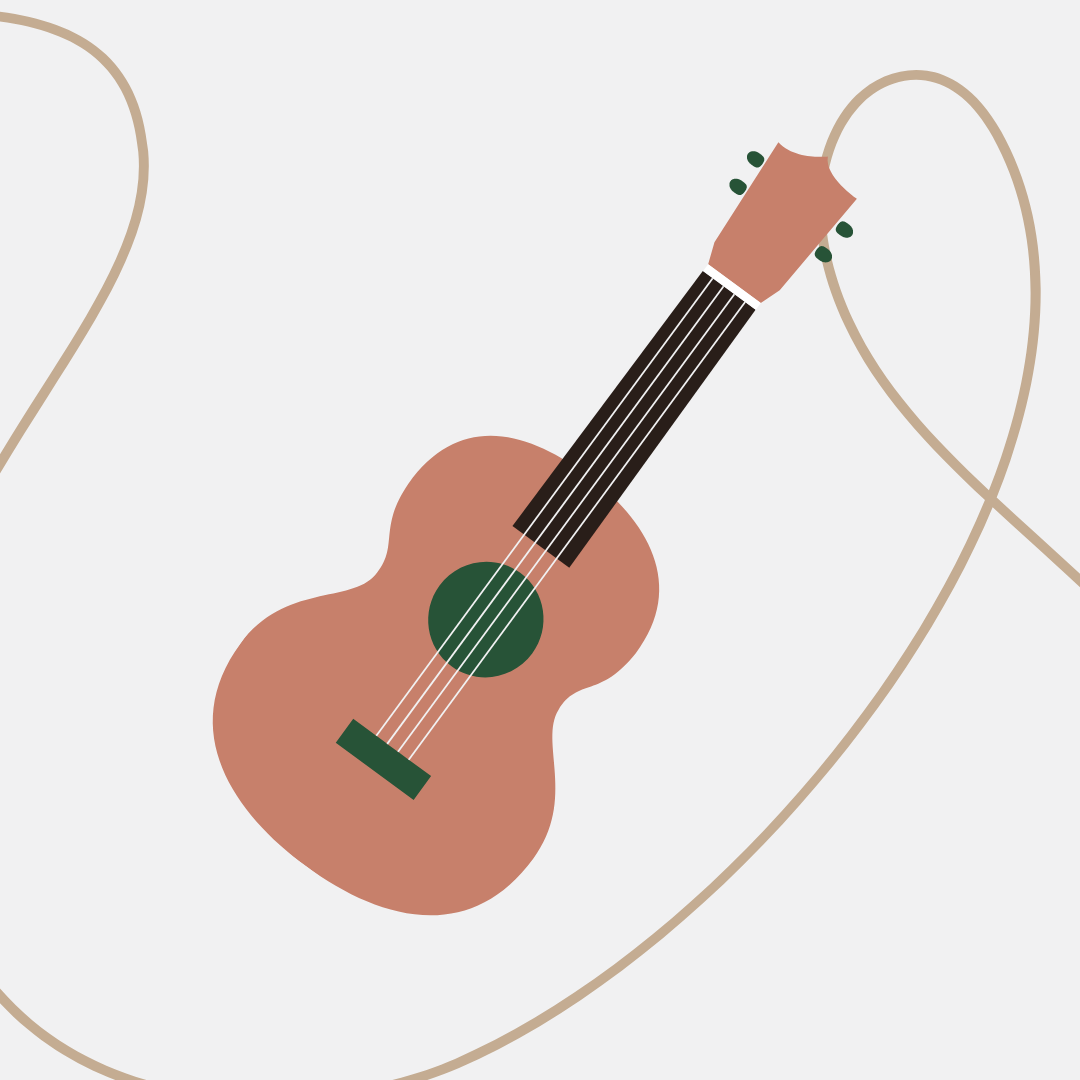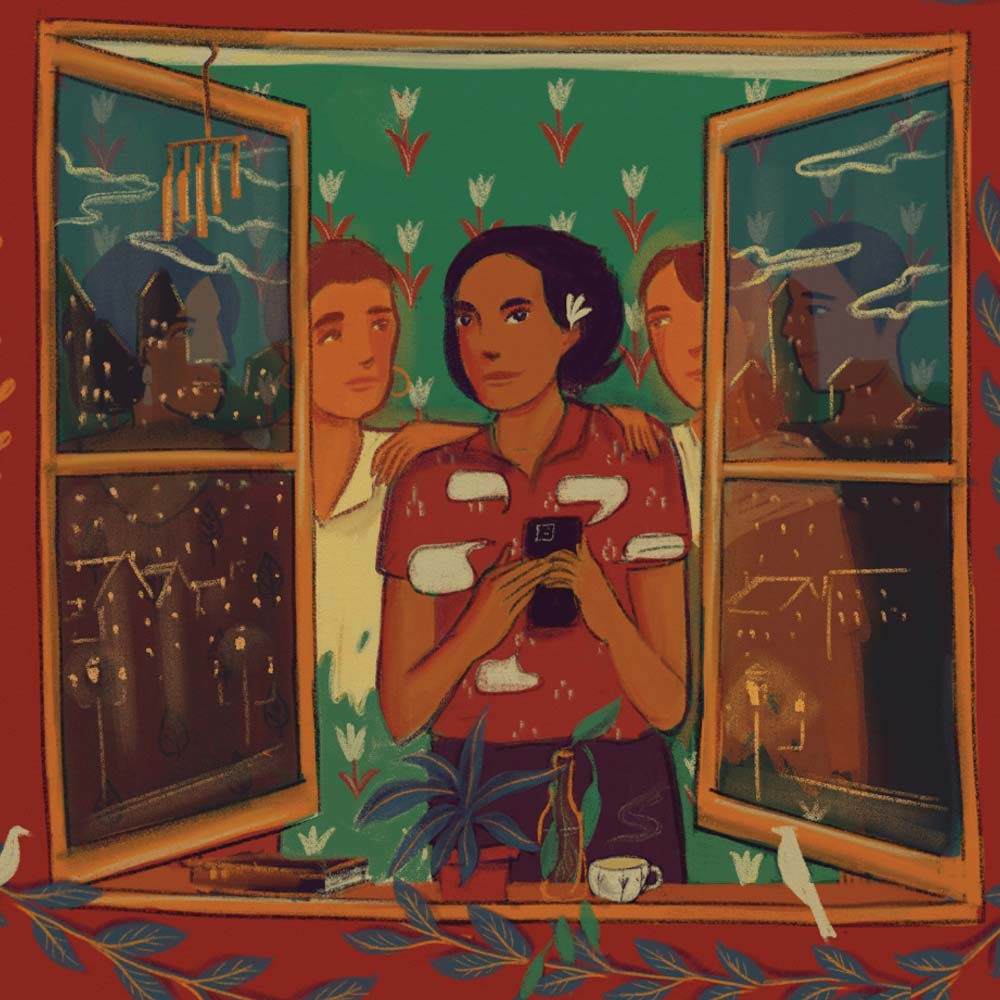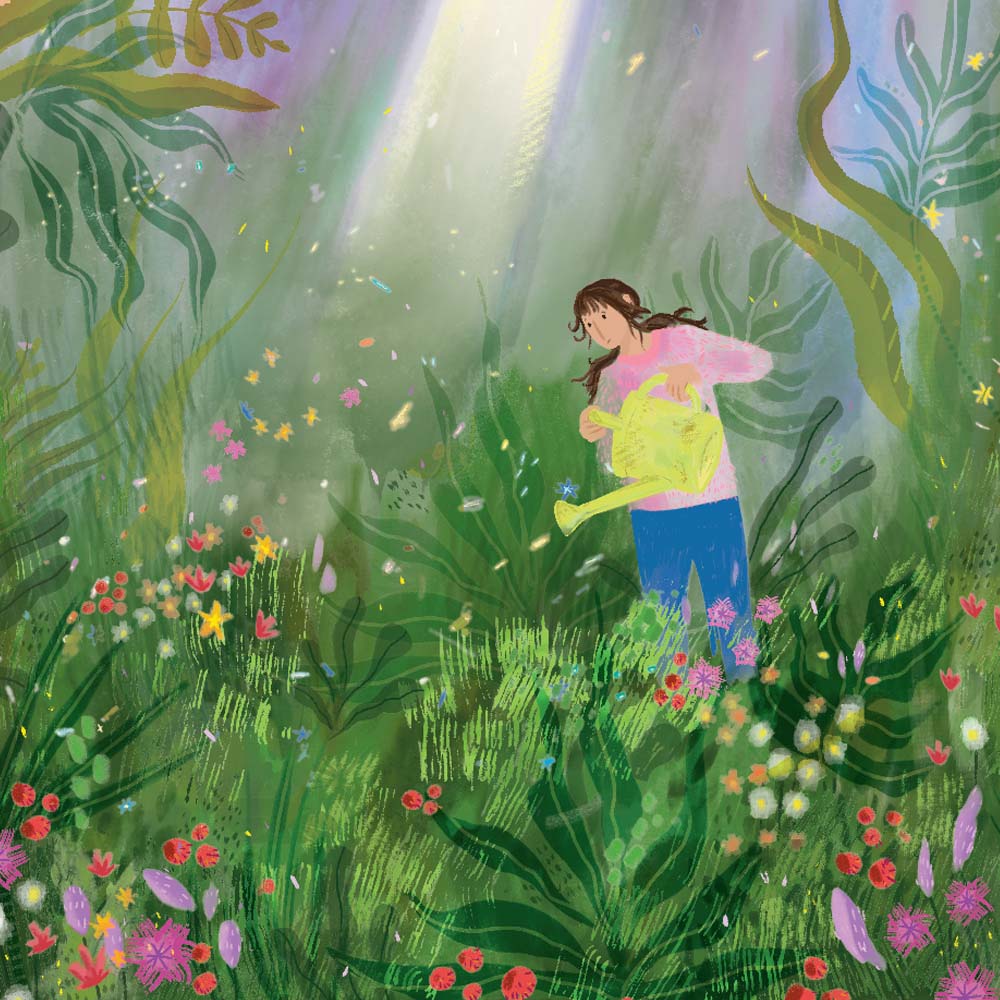Main navigation



I wonder what it feels like to breathe without feeling like your ribcage is an arsonist, and your body a house fire, working to sabotage your every dream. Claustrophobic walls with faded paint, in a sunshine-proof room, begging to be released. I found this when I was locked inside a mental health institution.
The conversations on mental health, I feel, exist merely on paper and as fodder for memes and movies. In movies, people with serious mental health issues like schizophrenia or dissociative identity disorder are villainized, or become punchlines. On the other spectrum, more common disorders like anxiety, depression are well-represented in the media, with enough spokespeople to not write the story for them. When I displayed symptoms of schizoaffective disorder, and experienced auditory hallucinations, I was in no condition to articulate my struggles. When I searched for more information, I was appalled by the misrepresentation. This is the story of a lot of people with severe mental health disorders.
I was institutionalised after I overdosed on pills in an attempt to kill myself. The first trigger was Post Traumatic Stress Disorder, as I am a survivor of intimate partner violence and rape. I then got diagnosed with Bipolar, Borderline Personality Disorder, Schizoaffective Disorder, Anxiety and Chronic Post Traumatic Stress Disorder. Away from the medical diagnoses, it meant that I swung between intense mania and severe depression, making regular life very difficult to manage.
For the hospital, I had no name, and I was just a number -- patient no 1886. I wanted to know if my freedom remained to be a prison for my thoughts. How the medicines couldn’t cure the ache that I felt, the longing, the lack of warmth and treatment. I was forced to shower in cold water, and the voices in my head screamed at me. They asked me to write my thoughts in diaries, but never really heard what I had to say. I was weeping after they took away my phone, clothes, laptop, and other personal belongings, only leaving my ukulele with me. They gave me pajamas without a drawstring so I couldn’t hurt myself with it.
To console myself, I would hold myself close to self-soothe, hiding my face between my thighs and breathing through my panic attacks after missing my medication. On the worst days, I’d get an injection jab on my waist to manage my anxiety. I suddenly felt so calm, or numb, like I was floating through clouds. My existence felt like a wheelbarrow symphony, where the land hauls its divide, and I would vanish into the husk.
Some nights, the institution became my home, other nights a refuge. Some nights a bus stand melancholy, and other nights, four inches of a brick wall, where my skin felt like mortar and I was cementing a home inside of me.
My silver lining however became my music. My solace was playing the ukulele, having patients sit around me and listen to me sing songs. Playing an instrument and singing healed me, opening me up to the world of music therapy. How I connected to songs where the artist felt trapped, and how well it translated to my surroundings, bringing peace to my fellow inmates -- all of whom were away from their family, trying to heal in an institution that didn’t care much for us outcasts.
An American woman investigative journalist, Nelly Bly in 1887 had gone undercover in a mental health institution called Blackwell’s Island to document the cruelty, admitting how her horrific experiences almost made her develop mental health disorders. Decades later, I don’t know how much has changed, but I do know that there is a lot of research, caregiving and attention that needs to be given towards mental health in institutions meant to take care of patients who need help. Even when medicating people like me, it’s a gamble with psychiatrists. A constant trial and error to see which medicines would work for me, because of the lack of research and data around mental health. We need to have more stories from people with severe mental health disorders, so we aren’t treated like guinea pigs.
Years later, I am on medication, still coping with my several mental health disorders. But this time, I have hope, the spirit to survive, and an action plan with the right combinations of medicines and therapy. What I can never forget is that my situation is a privilege in itself as thousands go undiagnosed or don’t have access to mental health care. What I can hope is that conversations around it can bring us closer to a cure.
how helpful was this page?
Feedback helps us improve our content and resources to make the experience better for everyone.






